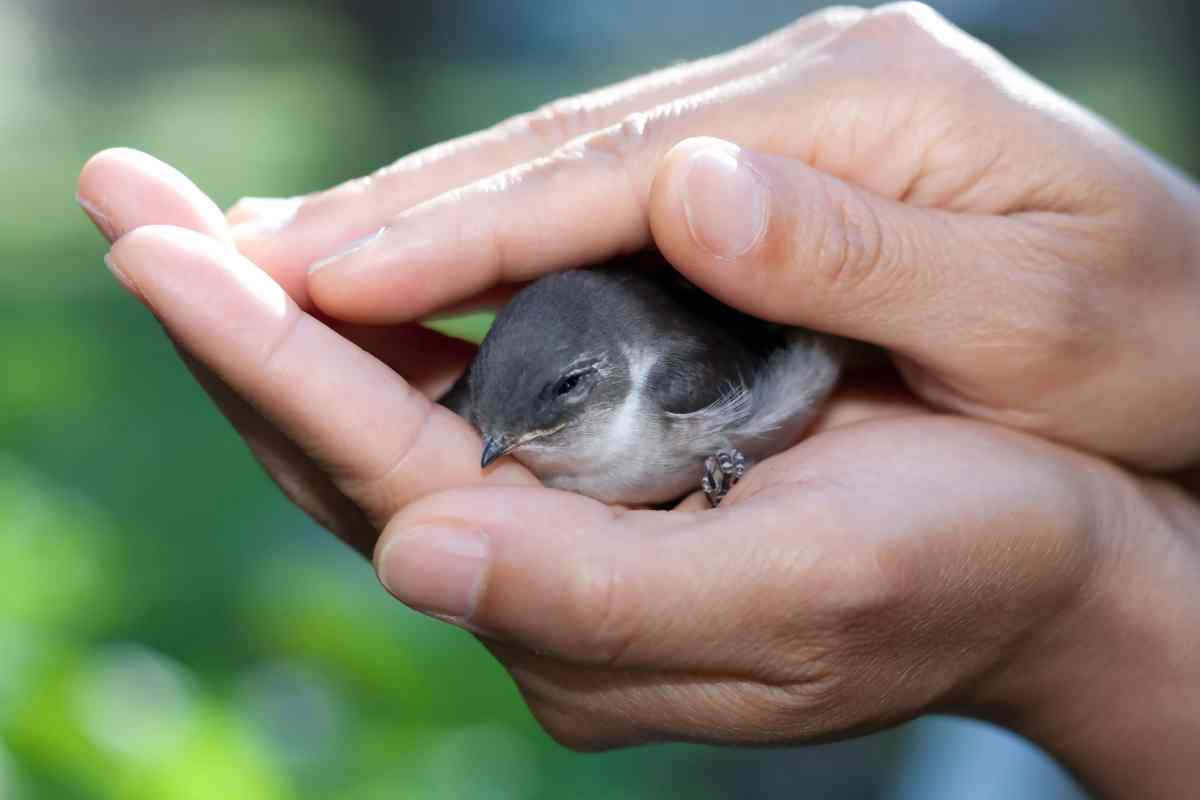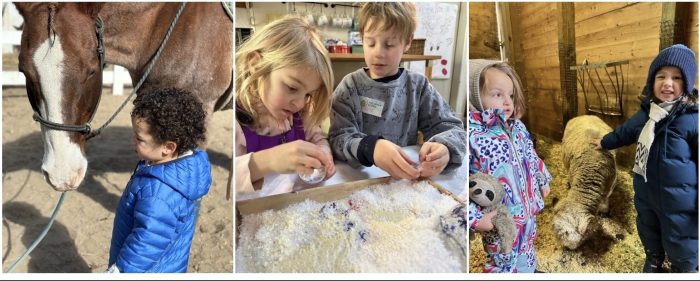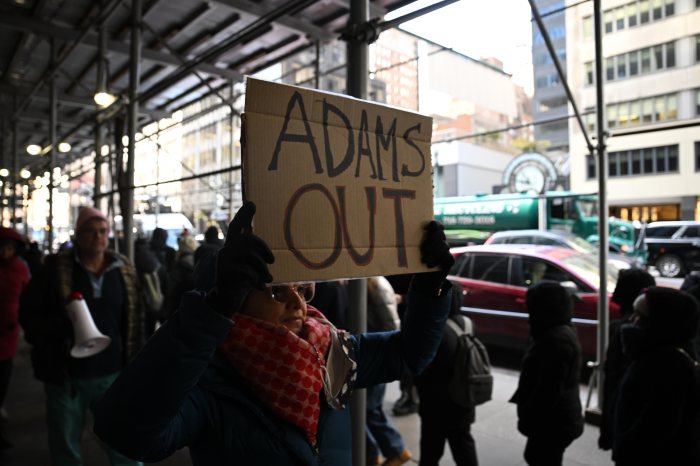Many Long Islanders have encountered a wild animal in need of medical attention, but not everybody knows who to call in such a situation.
Experts say to look for a clear and definite injury, such as a bird that is unable to fly due to an injured wing. If the animal has been in another animal’s mouth, is freezing, wet, or continuously crying, then it’s a good idea to reach out for help. In the interim, if it is safe to do so, securing the animal in a container or box with ventilation holes is recommended.
There are also several situations in which a wild animal should be left alone. One of the most commonly asked questions relates to baby birds during the spring.
“A fledgling typically spends as long as 72 hours on the ground learning to fly, and it’s likely that the parents are keeping a close eye on it during this time,” says Amanda Daley, of the Evelyn Alexander Wildlife Rescue Center in Hampton Bays. “Continue to monitor the situation from a distance, quietly observing the animal’s condition.”
Daley notes that people often want to help return fledglings to their nests but the best thing to do is just leave them alone.
There are several rescues and facilities on Long Island that specialize in wildlife emergencies and rehabilitation.
In the case of domesticated animals such as cats and dogs, Maria Mora, executive director of the Nassau County SPCA, advises that if an animal is in imminent danger, call 911. For non-life-threatening emergencies, call a local, nonemergency police number or local animal shelter. And if you encounter any form of animal abuse, call the Nassau County SPCA 24-hour hotline at 516-THE-SPCA (843-7722) immediately.
And remember that many of these rescue groups helping animals are nonprofits, so consider donating or volunteering to help them in their mission.
WHO TO CALL FOR HELP WITH INJURED WILDLIFE
The Evelyn Alexander Wildlife Center
wildliferescuecenter.org, 631-728-WILD (728-9453)
Volunteers for Wildlife
volunteersforwildlife.org, 516-674-0982.
New York State Department of Environmental Conservation
dec.ny.gov




























